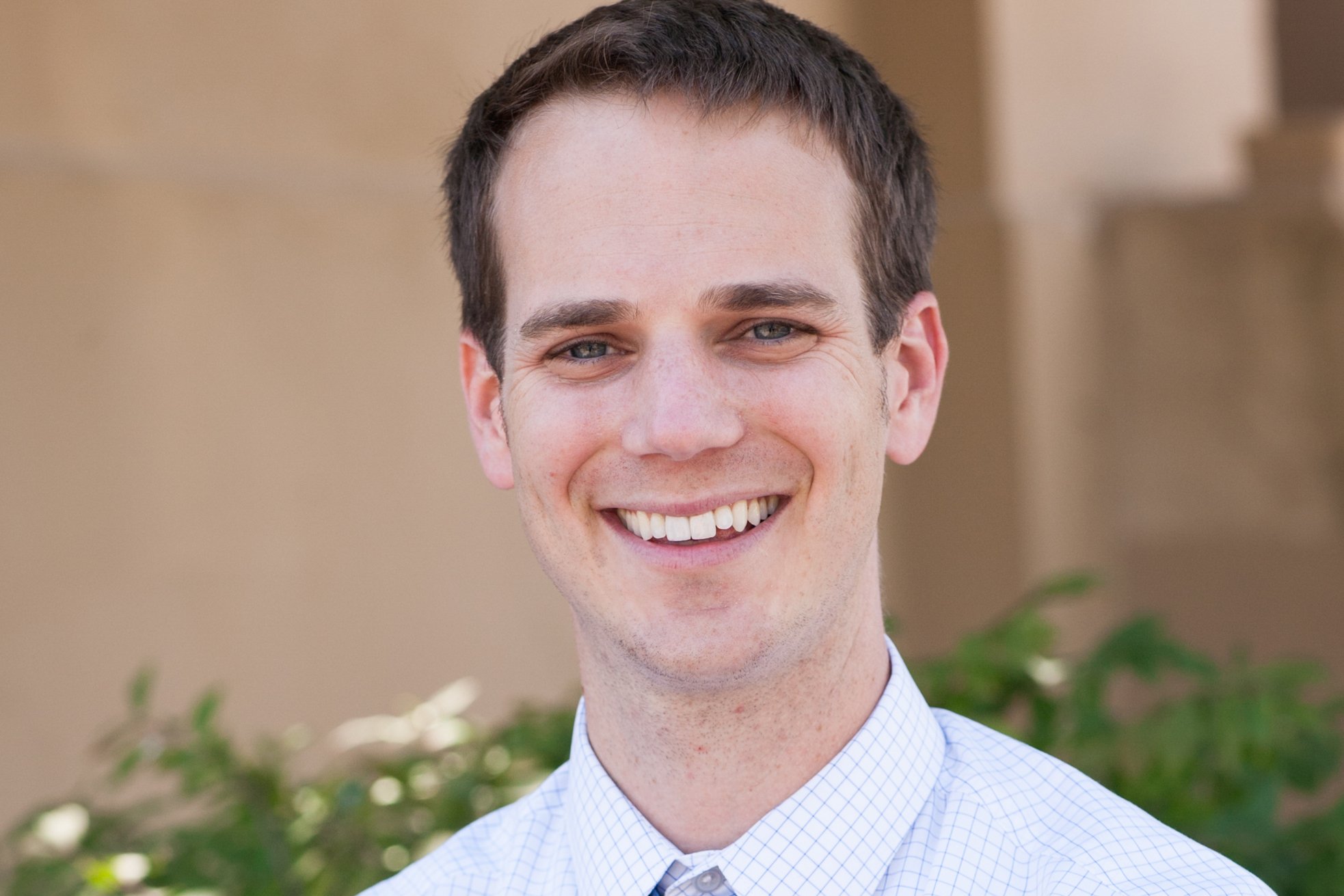A Troubling Sign
This article was originally published, in slightly different form, on Strong Towns member Will Gardner’s Substack, StrongHaven. It is shared here with permission. All images for this piece were provided by the author.
Recently in Mattapoisett, Massachusetts, someone drove into the Lions Club’s roadside sign and destroyed it. The sign was apparently not wearing bright colors or blinking lights. We only know this crash happened because the guy who maintains the sign is a Monty Python fan:
According to available data, there have been 40–50 crashes in this area over the past five years. It’s a tamer bit of Route 6 than elsewhere, probably due to the fact that the stretch to the east is only one lane in each direction with a turning lane in the center.
A car flying off Route 6 at an intersection like this—even when it causes considerable damage—is not newsworthy in and of itself. This kind of thing happens with such frequency that it doesn’t register as alarming. Stroads like Route 6 sometimes send cars through signs, buildings, and (as happened recently in Fairhaven) peoples’ backyards. As long as no one is obviously hurt, it rarely makes the news. People who hear about it chuckle and curse the knuckleheads who, as it happens, only drive like knuckleheads on certain stretches of road.
It generally makes the local news when someone gets killed in these incidents. If the person killed is a kid or a beloved community member, there is sometimes a call for more safety measures, albeit usually for expensive, ineffective, or counterproductive things like flashing signs, beg buttons, and random enforcement. Most of us are unaware of the killer in our midst until it takes someone we know.
Burning Down the House
I love fire. But I’m well aware that, unconfined, fire creates disaster. That’s why we roast our s’mores by the fire pit and not in our living room (and even if we did have a fireplace, that would be the case). I love cars. I also know that, when traveling anywhere above 25 mph, cars have the ability to kill and maim people and destroy property. It only makes sense then that we should relegate higher speeds to our highways and not allow for deadly speeds within city limits, aka our “living room.” Appropriate street design can accomplish this without increasing the amount of time it takes people to get where they want to go by car.
Route 6 is a fire pit that state engineers, sometimes with our unwitting encouragement, installed in the middle of our living room. People and things keep getting burned inside the house. When it’s a thing that gets burned, we shrug or think it’s funny. When it’s a person that gets burned, we either blame the victim or we blame the individual who poked them with the burning stick. Making the fire pit bigger or adding technology to it will not help. We need to admit that there’s no good reason to have a fire pit in the middle of our living room. Then we need to set about turning the living room back into a place where people want to hang out.
One Idea From an Amateur
One potential solution would be to turn to this intersection:
Into something like this:
Mini-roundabouts reduce vehicle speeds and have been shown to reduce crashes by as much as 76%. We all hate waiting at lights, so let’s just get rid of them! Designs like this have the added benefit of increasing comfort for pedestrians, which in turn increases the value of land and the potential for wealth creation for the town.
There may be some good reasons why this particular design wouldn’t work here. There are also some silly reasons that a lot of U.S. planners and engineers will give for why it wouldn’t work, among them that “people here can’t navigate roundabouts” or “emergency vehicles will be hindered.” Good design works for drivers anywhere. The roundabout above is designed to accommodate large trucks and buses. The point is that we should be starting from the idea that our town streets should be designed for safe vehicle speeds, and then designing from there. Otherwise, we’re trying to solve problems caused by high-speed roadways bisecting our towns. In the latter case, we shouldn’t be surprised that we so frequently get burned.
Will Gardner is an education consultant and the founder of Alma del Mar Charter Schools. He’s currently scheming about how to improve his town, but he’s happy to help you with whatever you’re working on. You can find him at StrongHaven.substack.com.







On this episode of the Strong Towns Podcast, Chuck discusses safe streets advocacy with Amy Cohen, the co-founder and president of Families for Safe Streets.